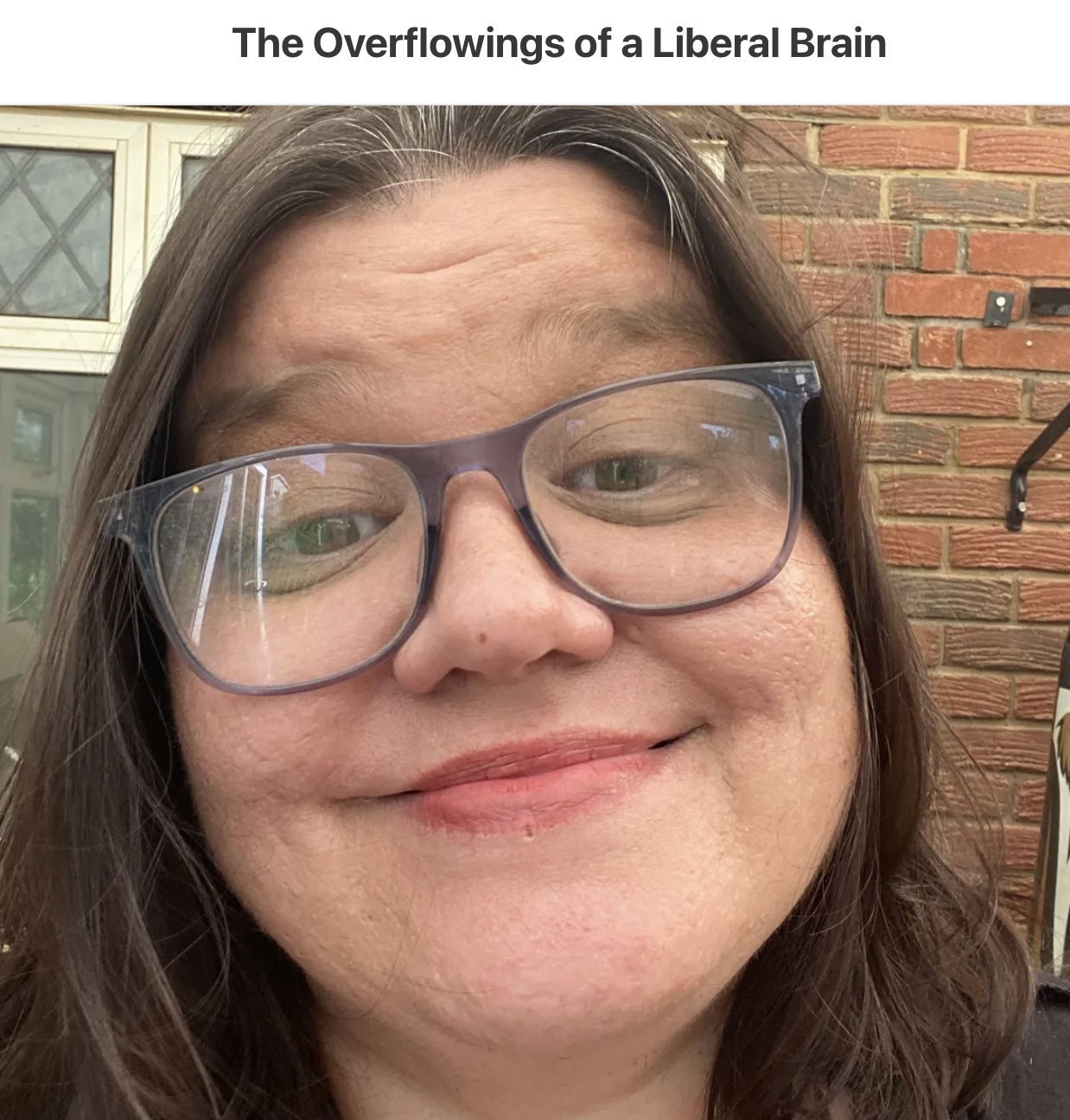

Many of us experienced mind expanding learning when we fead British Academic, Helen Pluckrose and James Lindsay’s best selling book Cynical Theories: How Activist Scholarship Made Everything about Race, Gender, and Identity―and Why This Harms Everybody. This book traced the common ideological thread from postmodern thought and practice as it evolved through Feminism, Gay and Lesbian, Queer, Trans, Fat and X social movements. Pluckrose has continued her work and writing on liberalism and its foes and now relaunches her blog “The Overflowing of the Liberal Mind“
In the first post of the re-launch Pluckrose writes an extended essay titled “Has Liberalism failed? Or are we, as a society, failing to be liberal? In this post she reviews the fundamental characteristics of liberalism namely:
- A commitment to individual liberty – freedom of belief, speech, association (individualism)
- Tolerance of difference and a will to live and let live as well as a recognition of the value of viewpoint diversity to advancing knowledge and resolving conflict in a democratic society (pluralism)
- Recognition of our shared humanity and the common rights, freedoms and responsibilities this bestows upon us all (universalism),
- A drive for reform over revolution or reactionism as a model for resolving societal problems.
- A commitment to actively protecting others’ right to believe, speak and live as they see fit, provided they do no material harm to anyone else nor deny them the same freedoms.
- The belief that all people come into the world with the same right to life, liberty and the pursuit of happiness and this can only justifiably be removed from any individual due to their own demonstrable harmful actions.
- An understanding that threats to freedom come not only from the state but from authoritarian ideologies, individuals and groups, so liberal principles need to be protected not only in law but widely understood and valued in society.
- A belief that it is in the interests of the overwhelming majority to conserve liberalism and the liberal democracies within which it flourishes.
She then describes the challenges from illiberal forces that threaten these foundational beliefs. She argues that illiberal thinking, abhorrence of rational discussion, censorship and intolerance are not exclusive to the political right but found at the extreme edge of both political worldviews. Further, she claims that the opposite of liberal is not conservatism, but rather authoritarianism.
Pluckrose, then provides an interesting analogy about the supposed failure of liberalism in modern society as evidenced by growing forces of authoritarianism in both social and political spheres. She argues that if a treatment of antibiotics does not prove effective at reducing infection, there are at least two probable reasons. Either the medicine doesn’t work or the patient isn’t taking the medicine. By analogy, the evidence that liberalism is distrusted by activists on both the right and the left doesn’t mean liberalism is a failed medicine for human society but rather that we may be consciously or unconsciously rejecting or not practicing its fundamental characteristics. Obviously, she favours the later explanation and argues that we need to redouble our efforts “to persuade and demonstrate to them the benefits” of liberal attitudes and practice.
The blog is free to read, but she encourages both unpaid and paid subscriptions that distribute her regular posts via email.
